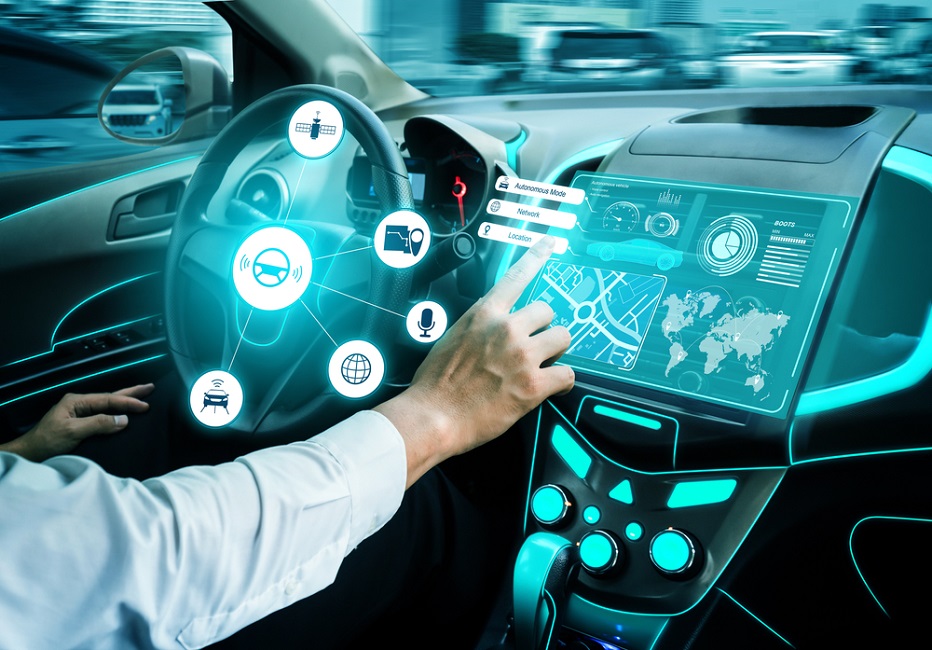Integration of smart cars into urban areas in India could change navigation for populated areas
Smart cars, also known as connected cars or intelligent vehicles, are equipped with advanced technologies that enable them to communicate with each other, with infrastructure systems, and with the driver, creating a seamless and efficient driving experience. The main goal of smart cars is to improve safety, reduce traffic congestion, and enhance fuel efficiency. Let us look into some advantages of smart cars:
Real-time data: Smart cars are enabled to gather real-time data about road conditions, weather, and traffic patterns to optimize routes and provide drivers with up-to-date navigation guidance, helping them avoid accidents and congestion.
Ecosystem of smart cars: These cars can work on a network that is connected to other smart cars on the road. Sharing information about their speed, direction, and location, to coordinate their movements and prevent collisions, essentially making the roads safer for everyone.
Fuel efficiency plus environmental sustainability: These cars are designed lightweight and dynamic, which reduce technical inefficiencies that a non – automated car user may face. These cars reportedly improve fuel economy. They also often incorporate hybrid or electric powertrains, further reducing emissions and dependence on fossil fuels.
User convenient features: One attractive aspect of smart cars is that they enhance the overall driving experience. Features such as advanced driver-assistance systems (ADAS), can automate certain driving tasks such as parking and lane-keeping. These features are a boon to disabled people and give a chance to individuals who are otherwise immobile due to disability. Smart cars now even have the ability to communicate with smart home technology and its advancement has only one purpose, i.e., to create a comfortable system. With smart cars now, people can be connected anytime, anywhere.
Currently, the most popular smart car variant in the market is the Tesla Model S. This car is a luxury electric car that is designed for long-range driving. The car has a range of up to 402 miles on a single charge and features advanced technology such as autopilot and over-the-air software updates. But smart car technology was actually invented or rather unveiled in 1997. The first smart car was called the City Coupe. A joint collaboration between Mercedes Benz and Zhejiang Geely Holding Group in 2019 gave us the Smart Fortwo models and their variants that were successfully marketed in over 42 countries.
Although Smart seems to have discontinued its model distribution in the USA owing to slow sales, this automotive technology should not be ignored as in the very near future, with the population boost and large rural-to-urban migration, our mobility could well be dependent on these innovations.
Integration of smart cars into urban areas in India could change navigation for populated areas. It is evident that traffic congestion is a significant concern for residents in Tier 1 cities. It is imperative to take stock of our infrastructure challenges while also embracing innovative technologies in our daily lives.



